computers
Latest

The SAT will drop the pencil and go completely digital by 2024
The SAT standardized college admissions tests will be taken exclusively on computers starting in 2024.
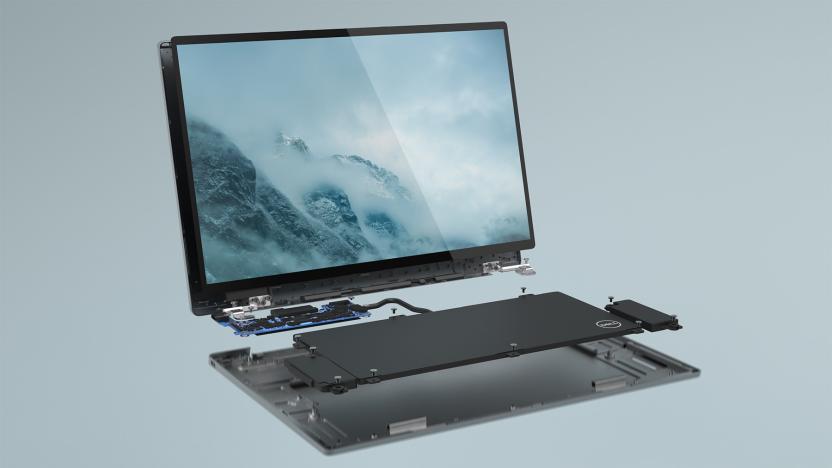
Dell's Concept Luna shows how future laptops could be easier to repair and recycle
Working with Intel, Dell has created a new PC called Concept Luna with the aim of making future PCs easier to repair, reuse and recycle.

HP's leather-covered business laptop uses a Snapdragon CPU
A few things set the Elite Folio apart from other Snapdragon laptops. Then there’s the Folio’s leather finish, of course, but HP also offers a few of its privacy-centric features here. When you’re typing, you’ll be using the company’s “premium” backlit keyboard that’s spill resistant.
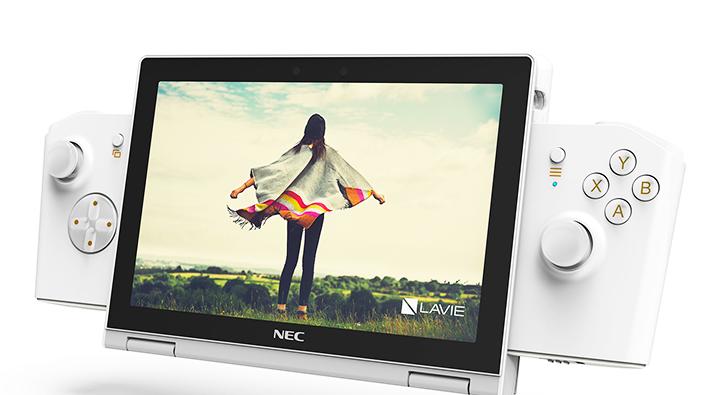
The Lavie Mini is a modern netbook that doubles as a game console
Enter the NEC Lavie Mini: a sort of modern take on the classic netbook that, with the right accessories, doubles as a Switch-style game console. The jury’s still out on how usable the Lavie Mini will actually feel because — again — it only exists as a protoype right now.
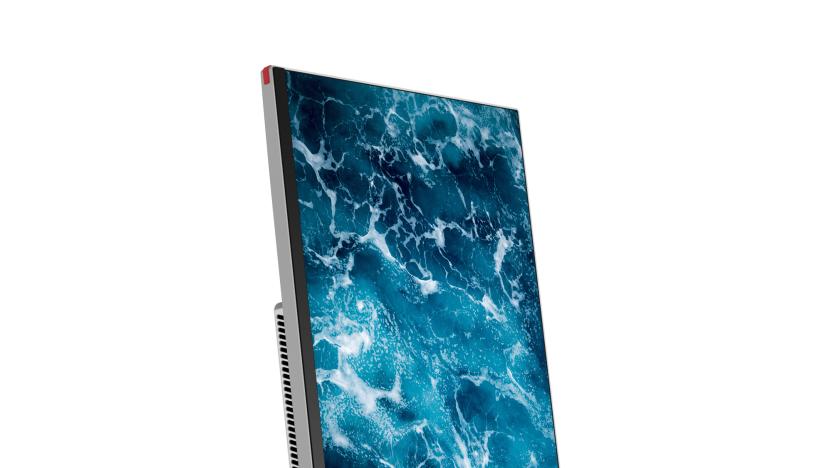
Lenovo's Yoga 7 AiO can flip between landscape and portrait modes
It’s time again for Lenovo to update its products, and brace yourselves, because there’s a ton of them. Of note are the new IdeaPad 5G 14-inch, the Yoga AiO 7 and new IdeaPad 5 Pros with AMD chips. It features Lenovo’s patent-pending rotating hinge that can help the screen flip between landscape and portrait orientations.

Konami is making gaming PCs now
Konami, the Japanese developer of games like the Metal Gear and Silent Hill series, has decided to enter the competitive gaming PC hardware market. The company has unveiled three low-to-mid-range PCs with new “Arespear” branding, along with two gaming keyboards and headphones.

The next version of macOS will be called Big Sur
Apple’s also added an iOS-like Control Center to macOS, making it more similar to the phone.
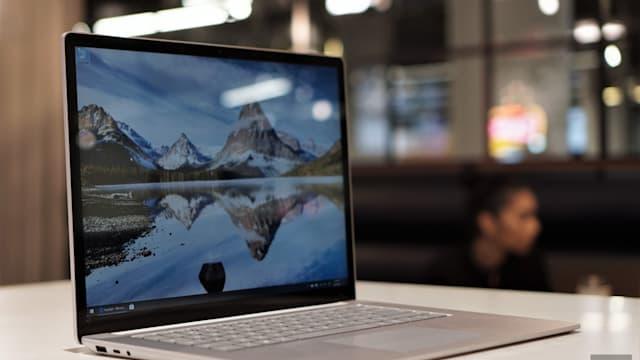
Microsoft stops offering 32-bit Windows 10 to computer manufacturers
When you buy a new Windows-based computer, it will run the 64-bit version of the website.

China bans all government departments from using US-made technology
It was only a matter of time before China started offering trade bans to US companies in return for the ban on Huawei's gear. The Financial Times is reporting that Beijing has ordered all government institutions and public bodies to get rid of their foreign (i.e. western) computer gear. According to the report, China will spend between now and 2022 transitioning off American hardware and software in favor of local alternatives.
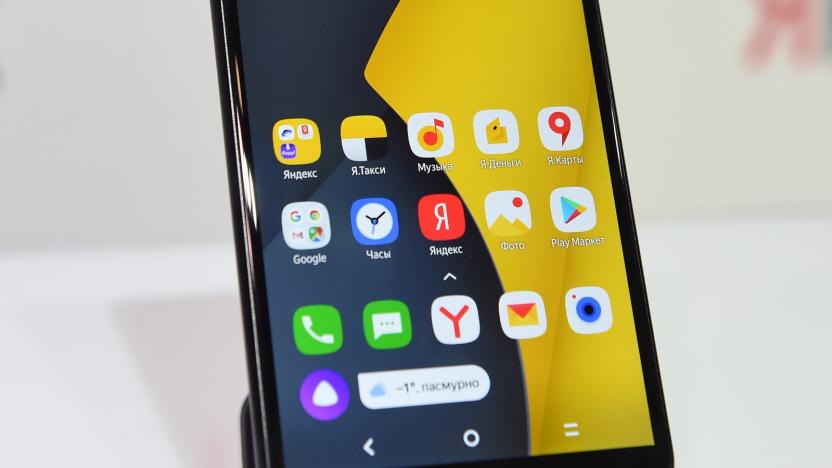
Russia bans the sale of devices without Russian software
Earlier this month, Russia signed a law giving it the power to censor the internet. Now, it has passed another law banning the sale of smartphones, computers and smart TVs that don't have Russian software pre-installed, the BBC reported. Those devices can still be sold with their normal software, but Russian alternatives must be installed, as well. However, critics have said that's not possible on certain devices, and the law could force some international companies to leave the market.

Google's redesigned 'My Devices' page now tracks computers
Google's My Devices page has largely been replaced by the Find My Device feature, but it's still widely used by G Suite users. Up until now, it's only worked with phones and tablets, but Google has finally updated the app with a fresh look and the ability to manage desktop computers, as well.

Hitting the Books: An army of temps put a man on the moon
Welcome to Hitting the Books. With less than one in five Americans reading just for fun these days, we've done the hard work for you by scouring the internet for the most interesting, thought-provoking books on science and technology we can find and delivering an easily digestible nugget of their stories.
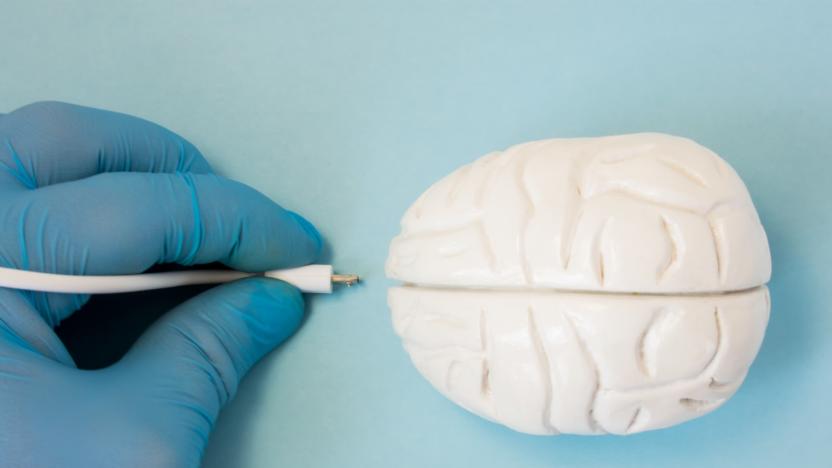
CTRL-Labs' EMG wristbands may spell the end for keyboards and mice
From the earliest days of punch cards, interacting with computers has always been a pain. Whether it's a keyboard and mouse, joystick or controller, getting the thoughts out of our heads and into the machine requires numerous, unintuitive processes. But until we start implanting USB ports into our brains and downloading our thoughts directly, we'll have to make do with the neural signal-detecting wristbands being developed by CTRL-Labs.

HP lost key historical archives in California's wildfires
There's no question that California's recent wildfires are ultimately a human tragedy, destroying homes and upturning lives. Please donate if you can. However, they've also represented a loss for technology history. The Press Democrat has learned that fire in Santa Rosa's Fountaingrove region destroyed key archives of HP's namesake founders, William Hewlett and David Packard, earlier in October. The blaze destroyed correspondence, writing and other artifacts held at the headquarters of Keysight Technologies, a company with HP origins that took ownership of the archives in 2014. While a large chunk of HP's archives are stored elsewhere (such as with HP spinoff Agilent), this wiped out a significant amount of irreplaceable personal material.
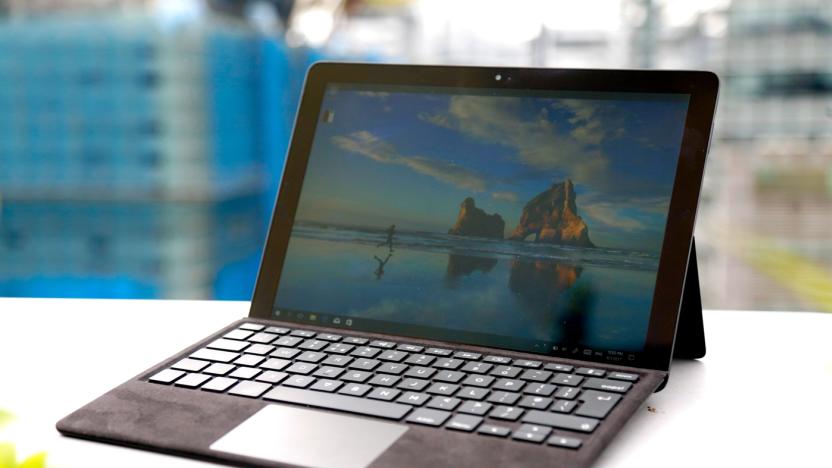
The Eve V came from nowhere to challenge the Surface Pro
The Eve V convertible has become something of a media darling lately, mostly because it claims to be the first PC to be developed by consumers, not a massive corporation. The idea of the populist PC was intriguing enough that Microsoft and Intel both worked with Eve to make the V happen, but c'mon -- we've seen countless, less ambitious projects fail after building loads of hype. (Especially on Indiegogo, where Eve raised over $1.4 million last year.) After spending a little time with the V at Computex, though, the hype is starting to seem warranted.

Acer penalized $115k for leaving credit card info unprotected
It wasn't nearly as bad as Yahoo leaking 500 million users' data, but Acer had its own hacking scare last year. Back in June, the Taiwanese computer manufacturer admitted that somebody stole credit card information for nearly 35,000 individuals who bought from the company's online store. The electronics giant finally settled with the New York Attorney General's office to the tune of $115,000 in penalties along with an assurance to shore up their digital security.

Intel gives its NUC mini-PCs new processors, new ports and a new design
When you're looking for a tiny desktop, Intel's NUC computers are something of a standard. These bare-bone PCs have made a name for themselves as affordable, reasonably powerful and adorably small. Now they're even better: Intel is giving its line of tiny computers new seventh-generation desktop CPUs, a fresh design and Thunderbolt 3 ports.

HP's Sprout Pro looks nicer (and works better) than the original
In 2014, HP unveiled the original Sprout -- a unique all-in-one with a projector and camera extrusion that turns the surface between you and the display into an interactive space. It was designed for creative professionals and hobbyists, and a later version released in 2016 targeted the classroom. This year, HP has a new Sprout called the Pro G2, which the company says is a completely redesigned device, featuring "a higher resolution projection, more powerful processing, advanced 3D scanning and a more accurate precision active pen for drawing compared to the previous model." Basically, then, the Pro G2 should feel faster, more precise and more realistic than before, which seems to us more like an incremental upgrade than an overhaul.

MIT makes neural nets show their work
Turns out, the inner workings of neural networks really aren't any easier to understand than those of the human brain. But thanks to research coming out of MIT's Computer Science and Artificial Intelligence Laboratory (CSAIL), that could soon change. They've devised a means of making these digital minds not just provide the correct answer, classification or prediction, but also explain the rationale behind its choice. And with this ability, researchers hope to bring a new weapon to bear in the fight against breast cancer.

IBM researcher builds a phase-change capable artificial neuron
Computers have long been compared to artificial brains, but now IBM has followed the comparison and built a working artificial neuron. The tech giant's research center in Zurich created 500 of them to simulate a signal transfer similar to how the process works in an organic brain.








